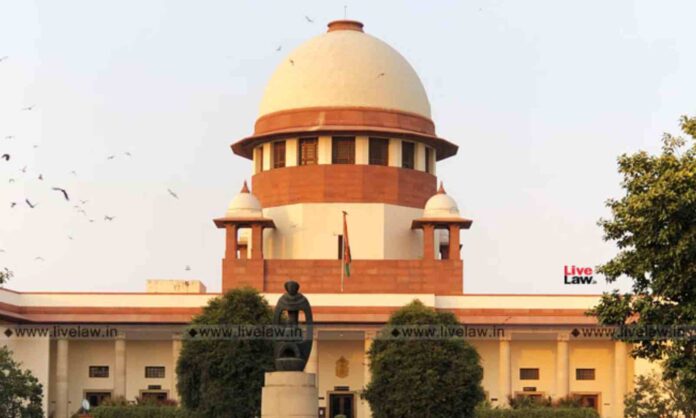In an open letter to the Chief Justice of India, prominent personalities such as Uma Chakravarti, Vrinda Grover, Kavita Krishnan have asked the Supreme Court to address the violation of the right to privacy that has taken place in the Pegasus leak case, with special mention of the ex-CJI Ranjan Gogoi case.
Gogoi was accused of sexual harassment and victimisation by a woman staffer in 2019. The Supreme Court’s response to the complaint was the setting up of an In-House Committee comprising three sitting Judges of the top court. The complainant however, withdrew from the In-House Committee proceedings. She stated that the Committee failed to inform her about the procedure being followed; she was also not allowed to have her lawyer present. In addition, the proceedings were not recorded. She also stated that she and her family members were being intimidated and followed. In-House Committee concluded by giving Gogoi a clean chit. Gogoi has retired as Chief Justice of India and is now a Rajya Sabha M.P. from the ruling party.
As per the letter, just days after the the complainant filed the affidavit, she and her family members were added to the list of targets of the Spyware, Pegasus sold by Israeli surveillance firm NSO.
“Women all over the country demand to know: was a sexual harassment complainant, along with members of her family, subjected to such invasive hacking—and if so, to what purpose and by whom? How can any woman in India ever be expected to pursue a complaint against a hierarchical superior in the face of the chilling possibility that this may expose her and her loved ones to such a sinister criminal invasion of privacy?” – As per the letter.
The letter goes on to question the fairness of the court proceedings, considering the news of the surveillance over her and her family.
“The recent revelations in the Pegasus project now suggest that far from being a perpetrator of such a plot, the complainant along with her family members was the victim of an elaborate program of illegal hacking and spying. If the complainant was under such criminal duress at the time, can the proceedings of the In-House Committee really have been free and fair?”
A number of questions thus arise, which the letter rightly associates to concerns regarding women’s autonomy and privacy. For one, how were the targets for hacking chosen and how was the information gathered used? What were the justifications behind the targeting, and before which Constitutional authority were they presented? Which Constitutional authority oversaw if there was a criminal violation of privacy of individuals who were targeted?
The Supreme Court thus has the institutional obligation to follow up on the same questions, and is obligated to provide safe work-spaces and redressal mechanisms for complainants of sexual harassment. The above case reveals the complete lack of protection given to complainants of sexual harassment and assault.
“We believe that the Supreme Court can only instill confidence in people’s, and particularly women’s minds by transparently demanding and making public all answers relating to the use of Pegasus in India. Above all, we look to the Supreme Court to declare a moratorium on the export, sale, transfer and use of Pegasus in India.”
Read: Pegasus Project: How Forbidden Stories and Amnesty Tech Broke the Story




























